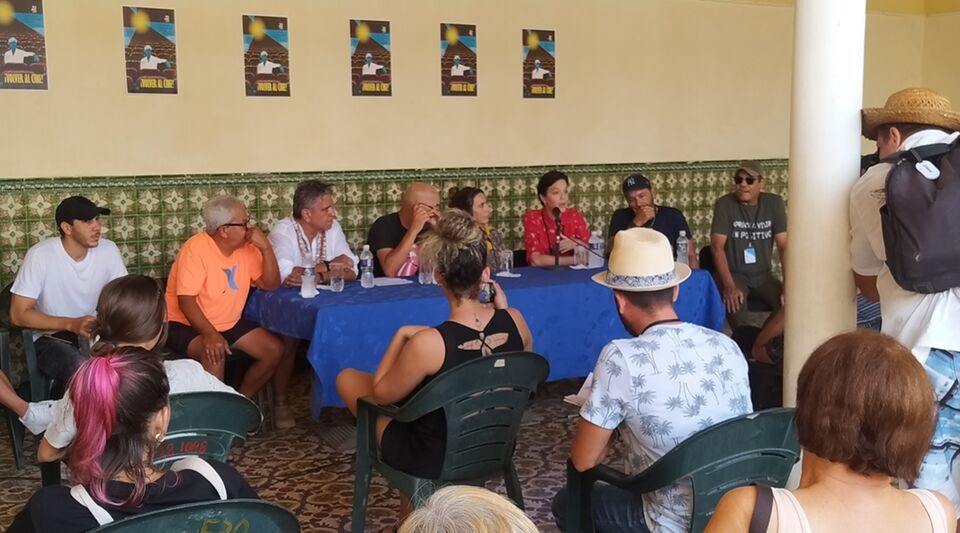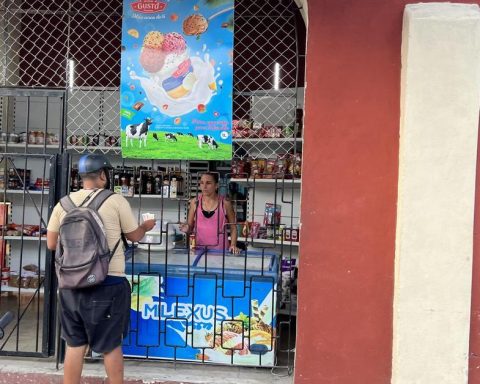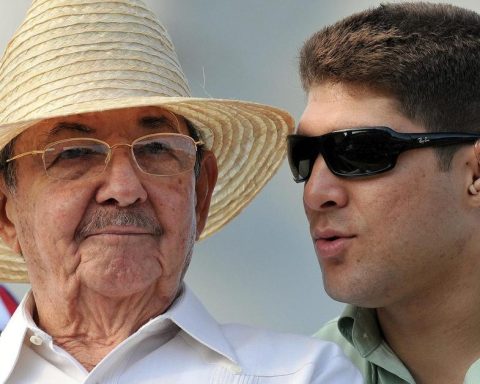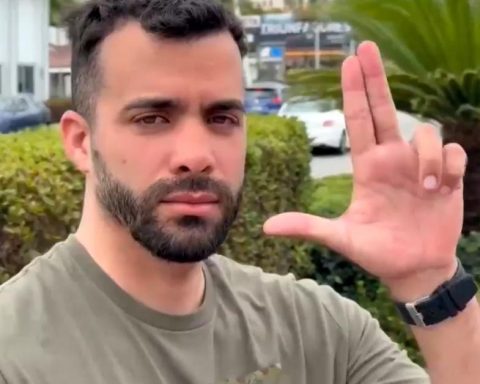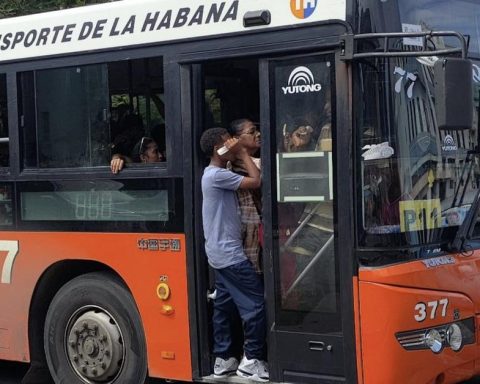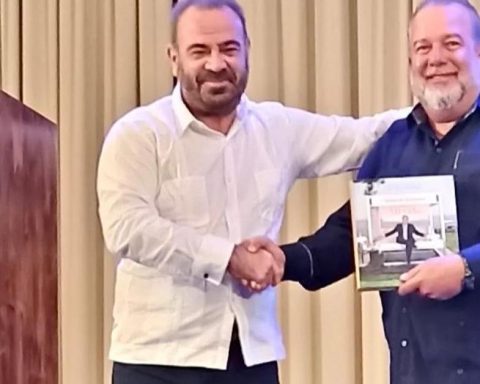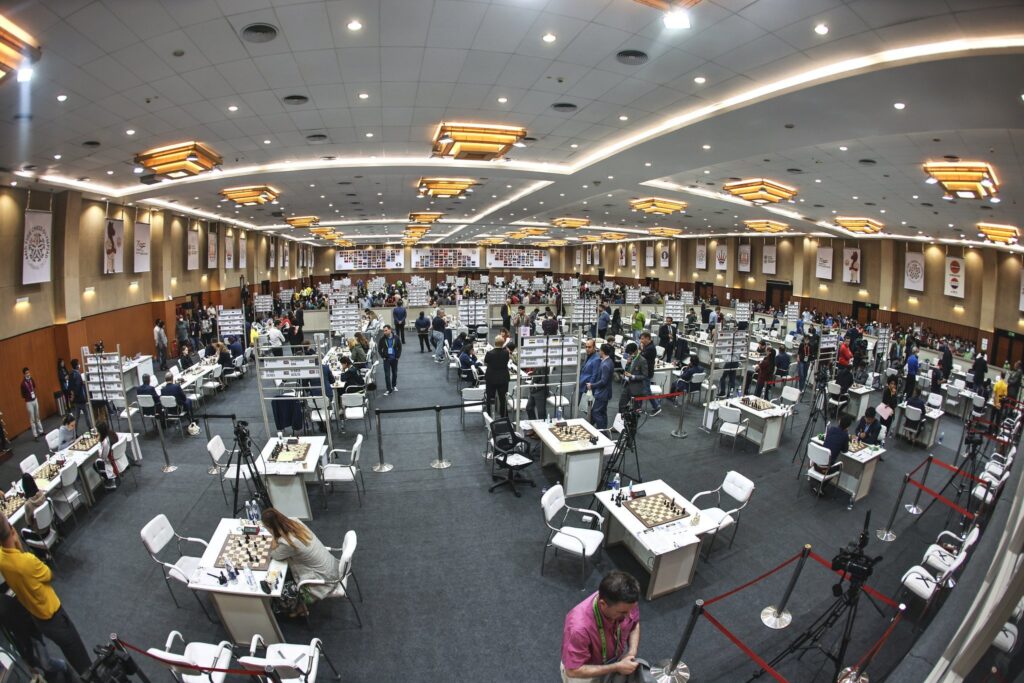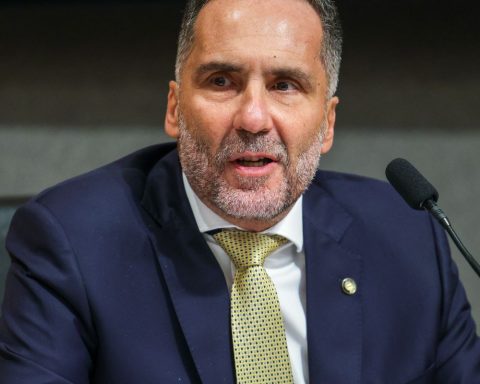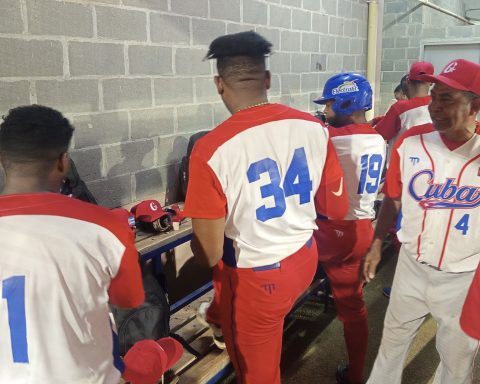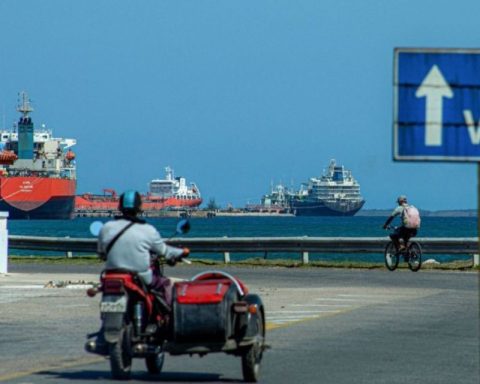The Gibara International Film Festival, inaugurated in 2003 by Humberto Solás to defend the concept of “poor cinema”, is finally celebrating its 16th edition. According to his nephew and current director of the event, Sergio Benvenuto Solás, the director of Honey for Oshun he had made “the most expensive films in Cuban cinema,” and that kind of “creative guilt” led him to encourage a more “humble in its production” type of filmmaking, which would “interact with various communities.”
“He was bored of the big festivals, with their carpets and their photos, where not much was going on, and he wanted something more informal.” After the filming of Honey for Oshunduring the Special Period, Solás found in Gibara, “a place that no one was interested in at that time”, the ideal space for an alternative festival to the New Latin American Cinema in Havana.
There are few more “poor” municipalities in Cuba than Gibara, in Holguín, which Guillermo Cabrera Infante, the most illustrious Gibareño, defined as a “fishing village.” The writer, one of the most renowned film critics worldwide, recreates Gibara in his novels as a rustic town and little given to culture.
All that would change with the festival, committed to turning Gibara into a cultural and tourist reference for the world of cinema. That commitment animated the 15 previous editions, interrupted by the pandemic, and also this last one, held from August 2 to 6.
The writer, one of the most renowned film critics worldwide, recreates Gibara in his novels as a rustic town and little given to culture
“With the situation that Cuba is experiencing, the fact that the festival has been held is a miracle,” he tells 14ymedio one of the young filmmakers invited to Gibara, who prefers to remain anonymous. “It turned out pretty good,” he admits, “it wasn’t as bad as some of us thought it was going to be.”
Most of the filmmakers, actors, producers, musicians and organizers traveled from Havana to the municipality of Holguin, where the logistics of the event had already been prepared. The realization of the festival involves a “special interest” for the Cuban Institute of Cinematographic Art and Industry (Icaic) and also for the organizing committee, headed by the family of Humberto Solás.
“I don’t think the festival falls under the government’s ‘bread and circuses’ strategy, although many see it that way, because, for Gibareños, it is something else: an oasis in the middle of the entire desert that is being experienced,” he says. the filmmaker interviewed by this newspaper.
According to the director, Gibara “will always be grateful for the festival, because it is very much theirs, and at this moment even more so, where there are so many problems, so much misery.”
As for the logistics of the event, traditionally considered a kind of “official vacation” for the participants, the young filmmaker affirms that in this edition “the shortcomings and the situation of the country are noticeable.” The festival includes the confluence of concerts, parties and tourist options that, this time, “have been somewhat reduced due to economic issues.”
“For Gibareños, it is something else: an oasis in the middle of the entire desert that is being experienced”
This did not prevent, however, the scheduling of concerts by artists related to the regime, such as Alexander Abreu, whose presentation was suspended in solidarity with Matanzas, or the musical group of Miguel Díaz-Canel’s own son, called Migue Decuba.
Observing the atmosphere and the “faces” of the participants, affirms the young filmmaker, “one wonders if he is doing the right thing by staying in Cuba, after constantly seeing so many valuable people leave.” “There are very few left on the island, unfortunately,” he concludes.
The festival also promotes the tourist revival of the so-called Villa Blanca de los Cangrejos. The Spanish group Iberostar, which manages the operation of hotels in Gibar, designs a package for visitors that takes advantage of both the colonial architecture of the municipality and the recently restored hotel facilities.
“Due to its importance as a cultural moment in Gibara, the festival has generated an extensive network of city hotels, and the consequent jobs. The festival increases demand and the flow of clients, it is a way to attract tourism,” he assured the agency. Inter Press Service Yuliannis Hidalgo, deputy director of the Gibara tourist complex.
“All the offers that we launched on the date of the festival have been accepted and welcomed. It is also a privilege that our facilities can host so many personalities of Cuban and international culture every year with the arrival of the festival,” added the official.
The Gibare hotels that welcome the participants of the event and other tourists are the Ordoño, the Almirante, the Arsenita and the Plaza Colón, located in key points of the city. In addition, taking advantage of the flow of tourists and international participation, new hostels, restaurants and recreational centers have been opened.
“Due to its importance as a cultural moment in Gibara, the festival has generated an extensive network of city hotels, and the resulting jobs”
The Gibara International Film Festival closed its edition with a ceremony at the Jibá cinema. The occasion was used to announce the winning works in the different categories. The award for the best fiction feature film was awarded to the Algerian film daddydirected by Mounia Maddour.
the dead sonby Cuban director Maysel Bello, won the Lucía award for short films, while The criminalsa European co-production directed by Serhat Karaaslan, won a special award.
The best documentary presented was ophirdirected by Alexandre Berman and Oliver Pollet. The communion of my cousin Andrea, by Spaniard Brandán Cerviño, won the award for best short documentary; while Calamityby Remi Chayé, won the award for best animation.
The Lucía de honor awards were given to Cuban actors Mario Balmaseda and Mario Limonta. In total, nine fiction feature films, 17 documentaries, 11 fiction shorts and seven animated shorts were submitted to the competition.
________________________
Collaborate with our work:
The team of 14ymedio is committed to doing serious journalism that reflects the reality of deep Cuba. Thank you for joining us on this long road. We invite you to continue supporting us, but this time becoming a member of our journal. Together we can continue transforming journalism in Cuba.
